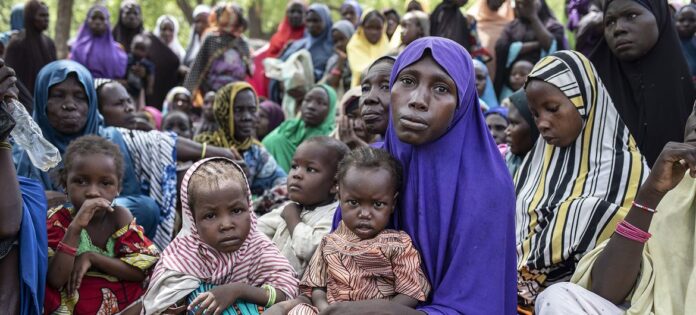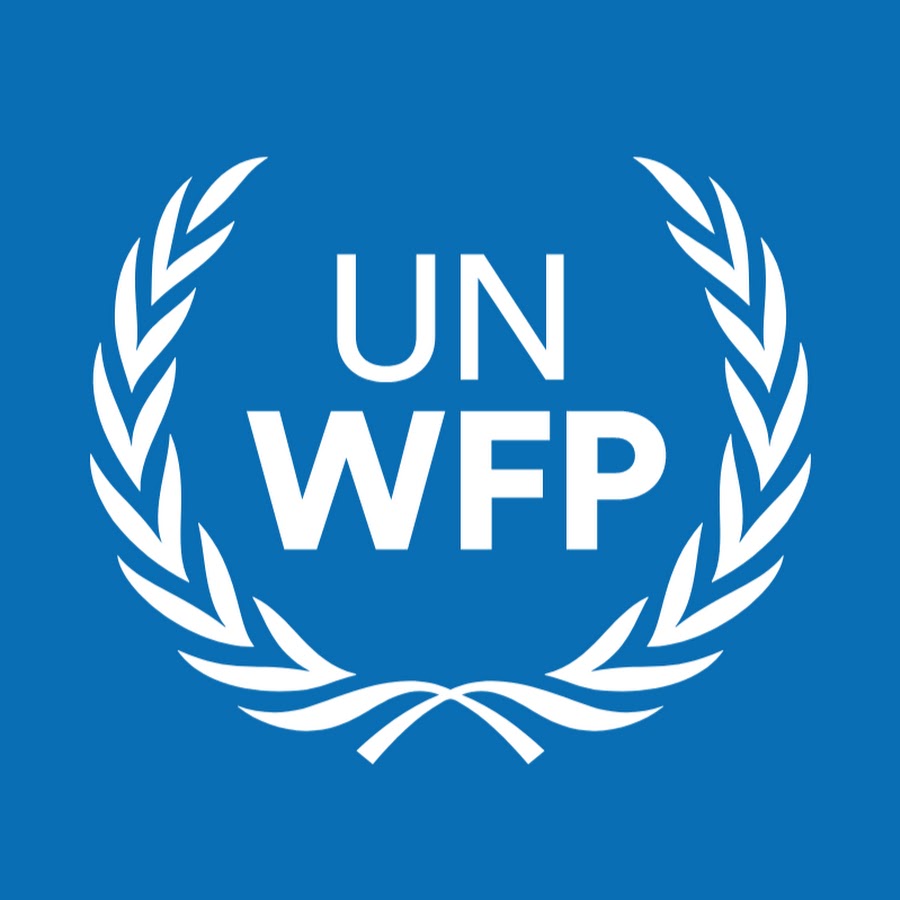By Gabriel Ani
ABUJA, Nigeria, May 8, 2024 – The International Rescue Committee (IRC) has expressed deep concern over the escalating humanitarian crisis in northwest Nigeria. The region has seen a surge in conflict between armed groups, leading to significant displacement and loss of life.
In Zamfara and Sokoto states, armed attacks have displaced at least 10,000 people and resulted in the death of at least 92 individuals throughout March and April. Many others have been kidnapped in these attacks.
The aftermath of these attacks has left many displaced individuals residing in open spaces with minimal belongings and without basic necessities. More than half of the people affected by these attacks are women, leaving them at risk of exploitation and abuse.
Babatunde Ojei, Country Director for the IRC in Nigeria, said, “We are appalled by the brutal attacks on civilian men, women and children, which is yet another reminder of the violence that has become unacceptably common in northwest Nigeria. The IRC stands united with the families of the civilians affected and calls on all parties to uphold the protection of civilians and relevant humanitarian laws.”
The northcentral and northwest zones of Nigeria are grappling with a complex crisis involving long-standing ethnic and religious tensions, often leading to attacks and banditry. Criminal groups carry out kidnappings and thefts along major highways. Over recent years, this crisis has escalated, causing widespread displacement throughout these regions.
More than half of the people affected by these attacks are women, which leaves them at risk of exploitation and abuse
The IRC has been working in Nigeria since 2012, operating in Zamfara, Katsina states and supporting the work of partner organizations in Sokoto in northwest Nigeria. The IRC provides both immediate lifesaving and life-sustaining activities as well as medium-term recovery programs. The IRC’s programming includes primary health, nutrition and reproductive health care activities; educational support services for out-of-school youth, women’s protection and empowerment activities, water and sanitation programming, and economic recovery and development activities.
Urgent humanitarian assistance is needed to meet the basic needs of these communities, namely water and sanitation, health, and protection services.




